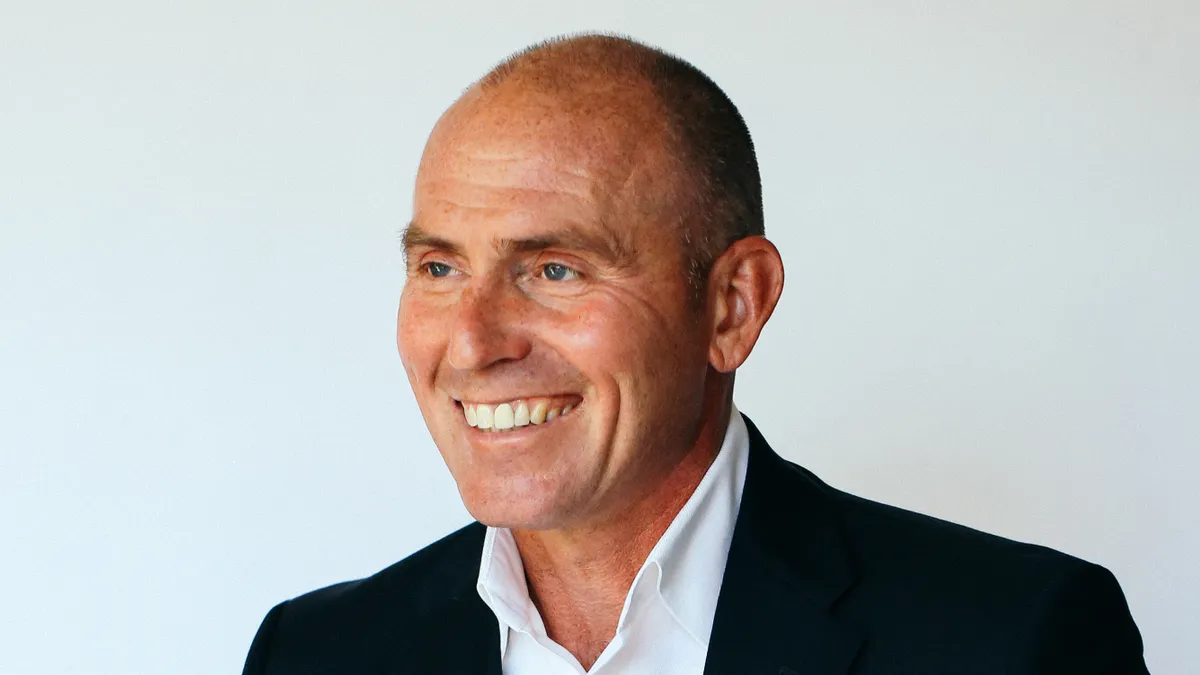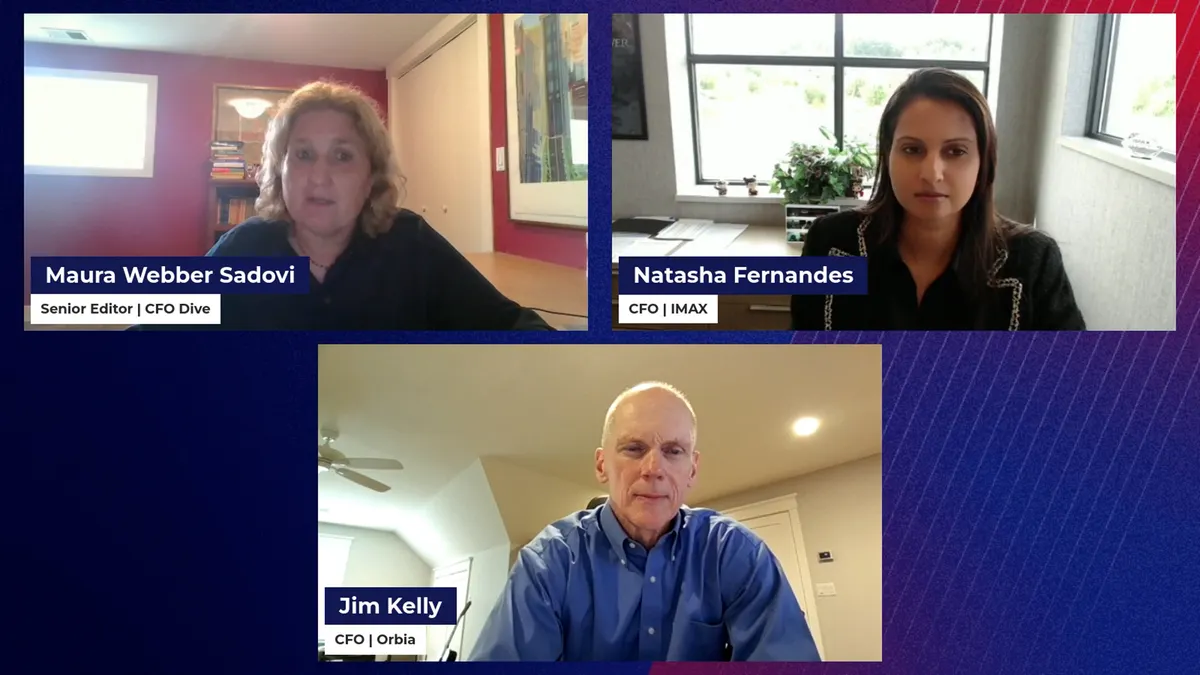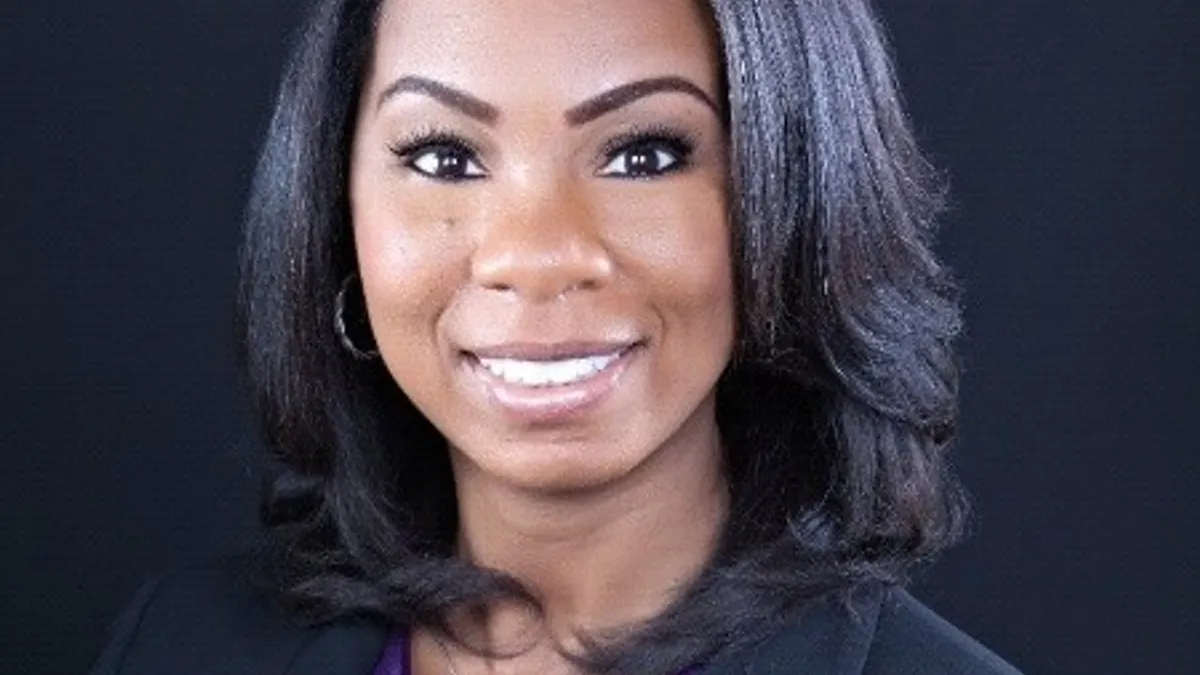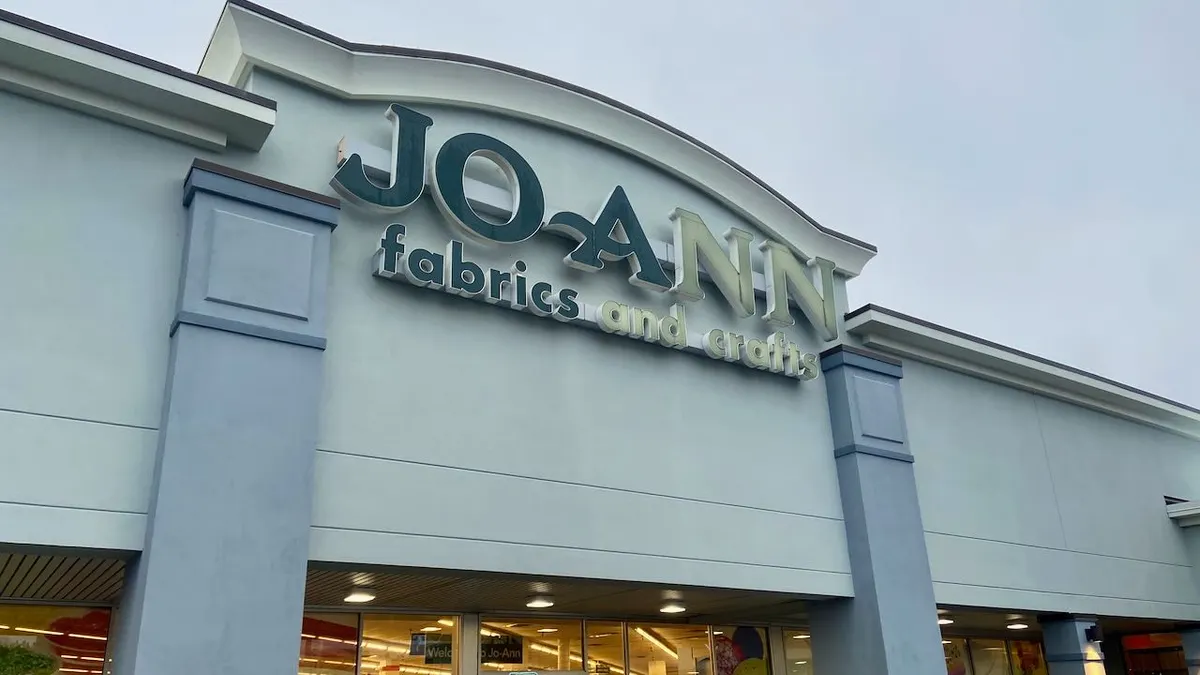Last month, veteran finance leader Michael Grillo joined California-based micromobility charging company Swiftmile as CFO just days before the company announced a partnership with Shell Brands International, the gas station company.
The partnership, finalized in early July, lets Swiftmile install its bike and scooter chargers at retail stations in Berlin-based Shell locations. Swiftmile, whose bread and butter is its standalone micromobility parking and charging station, known as “the Oasis,” may seem to be at odds with its new partner, an international gasoline conglomerate. But Grillo sees it differently.
“I don’t think [Swiftmile and Shell] are opposing,” Grillo, who has spent ten years in transportation infrastructure, told CFO Dive. “I have a personal fondness for the transportation space and enough gray hair to really embrace this change in technology.”
Anyone steeped in the transportation business, at this point, would agree that Shell belongs in the same boat as Swiftmile, Grillo said. “Shell understands folks need a variety of solutions, and that we can partner in a way that provides those solutions. We can help diversify their business interests and expand the capabilities of these systems. We’re 110% on the same page.”
The partnership, Grillo said, is evidence of Shell’s progressive view on both the petroleum and transport industries. The deal, he added, gives Swiftmile a chance to partner with a massive global brand, and the potential to bring “game-changing capabilities” to micromobility.
“I don’t think anyone should dismiss any of the heavyweights in traditional transportation and fuel industries,” Grillo said of his peers in micromibility. “Changing infrastructure is a challenging and extensive proposition, and will require all of us to work together to build what the next century will look like.”
Executive background
Grillo has spent over three decades in C-suite roles across a range of industries, most recently as COO of horticultural tech company Elite Garden and CFO of sleep tech firm Ergomotion. He’s been serving Swiftmile in an advisory role since 2015.
“Swiftmile is in a position now to really take off and grow exponentially,” he said. “I’ve been in many industries, but almost always in emerging places, where there’s a confluence of a lot of different things going on.”
The micromobility space, in which micromobility is defined as vehicles that weigh less than the person using it or the object it’s carrying, is primed for success, Grillo said. “It encompasses transportation policy, overlaps with climate issues, has a huge equitable component that’s lost on a lot of people and addresses challenges and gives opportunities in both big cities and smaller areas,” he added. “It’s also very technologically interesting.”
In the emerging world of electric vehicles, companies like Swiftmile are fixing very old-school problems. E-scooters were all the rage in the years leading up to the pandemic, but are now on a decline, being usurped by bike use, Smart Cities Dive reported.
Swiftmile’s Oasis charging product relies on scooter and bike use, and now finds itself in the position of adapting to trends. But Grillo isn’t worried.
“Each of these devices, whether it’s a skateboard, scooter, e-bike or something we haven’t dreamed up yet, Swiftmile addresses all of them, depending on our deployments,” Grillo said. “Our platform is a charging control system and an ad platform, and, over time, it will evolve to add additional capabilities.”
The company can develop “very interesting tech” to make charging and control components seamless across every product on the market and the charging needs in microspace. “Everything has a place.”
Forging ahead
Swiftmile, in the midst of closing its latest funding round, is maturing quickly, Grillo said. “I’ve been a mid-sized company CFO before; Swiftmile is reaching that next level.”
In his first 90 days, Grillo is focused on managing a formal audit process, diversifying the company’s capital stack, and ensuring its infrastructure and revenue model are amenable to a more mature set of products.
“It’s not just startup capital anymore,” he said. “Now, it’s opportunities for debt capital, and as we deploy in big cities at scale, it will be interesting to understand opportunities there, and bringing in institutional partners will be key.”
As Swiftmile grows from small to medium, Grillo will oversee a formal audit. “We will button up our ship to evolve into a more mature, robust, capable organization,” he said, adding that he’ll lean on specific scenario plans.
Annually, operating a car in the U.S. costs about $7,500. “Now imagine an individual decides to commute in a micro mode,” Grillo posed. “Micromobility has the underlying potential to put most of that $7,500 back into someone's pocket.”
By some estimates, Grillo said, e-mobility, encompassing bikes and scooters, will exceed 10 million new units per year by 2024. This means hundreds of millions of micromobility vehicles will require access to an infrastructure that supports them, like Swiftmile.
Grillo characterizes Swiftmile as “a technology company in the business of building infrastructure.” Infrastructure can pose localized challenges, consume time and capital, and require “a patience that usually exceeds that of less permanent investments.”
Nonetheless, he said, these types of investments are vital to long-term economic opportunity. “I believe those of us, CFOs, tasked with balancing risk and reward in an organization have a unique perspective and an equally unique opportunity to advocate for these types of far-reaching goals,” he said.





















